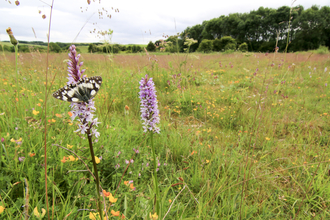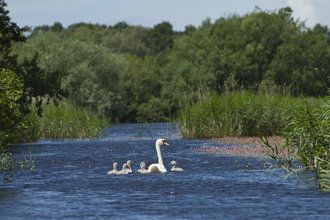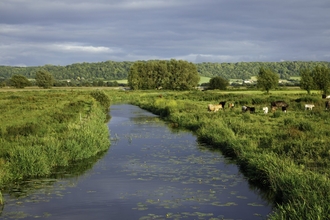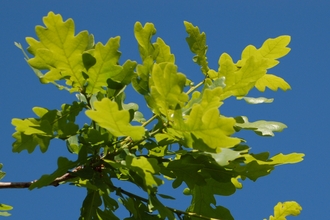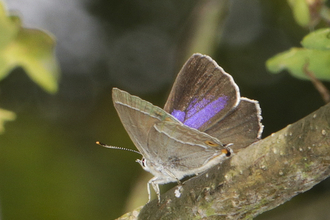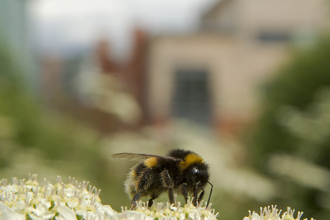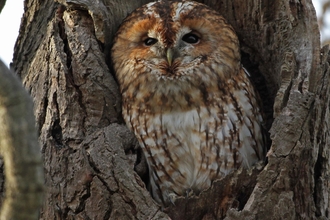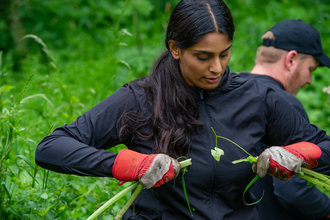What are nature-based solutions?
Nature-based solutions address societal challenges by restoring and managing ecosystems to benefit both people and the environment. For businesses, adopting nature-based solutions into their value chain is urgent for tackling climate change, nature loss, and water management and security, and for staying ahead in an evolving policy landscape. These solutions are not only sustainable but also cost-effective, offering long-term financial benefits by reducing risks and enhancing resilience.
Compliance markets like Biodiversity Net Gain and frameworks such as the Taskforce on Nature-related Financial Disclosures (TNFD) are driving unprecedented investment in these solutions. The Wildlife Trusts work with businesses to meet nature-first objectives and ESG requirements, ensuring maximum impact for nature, climate, and communities.
Nature-based solutions for environmental and societal problems
The Wildlife Trusts steward a remarkable variety of habitats, from wetlands and woodlands to grasslands and coastal areas, all vital for successful nature-based solutions. We focus on restoring, protecting and enhancing these areas to provide essential ecosystem services such as preventing soil erosion, offering recreational spaces for public health and well-being, boosting climate resilience, and supporting biodiversity.
How The Wildlife Trusts deliver nature-based solutions for partners
We partner with businesses both nationally and locally to create positive impact for nature, climate, and communities. Our consultancies, which reinvest their earnings into local conservation efforts, offer expert advice on effectively implementing nature-based solutions.
The Wildlife Trusts have played a crucial role in establishing various "nature markets," such as carbon, biodiversity credits, nutrient neutrality, and natural flood management. These initiatives provide numerous benefits for society and the environment, as well as new revenue streams for rural communities.
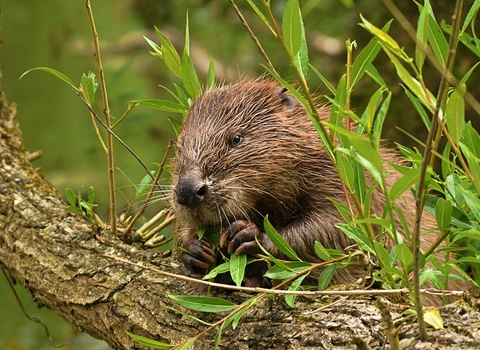
Sam Alexander Photography
Nature-based solutions showcase
The Wildlife Trusts are delivering high-quality nature-based solutions at scale, using evidence to guide our work and championing the IUCN’s Global Standard.
This showcase is just a small selection from a wider range of projects by Wildlife Trusts. Together, these examples represent over £75 million in investment, backed by multiple funders and partners.
All of our nature-based solutions projects have nature at their heart, and all of them are helping to provide multiple benefits for nature, climate and communities.


